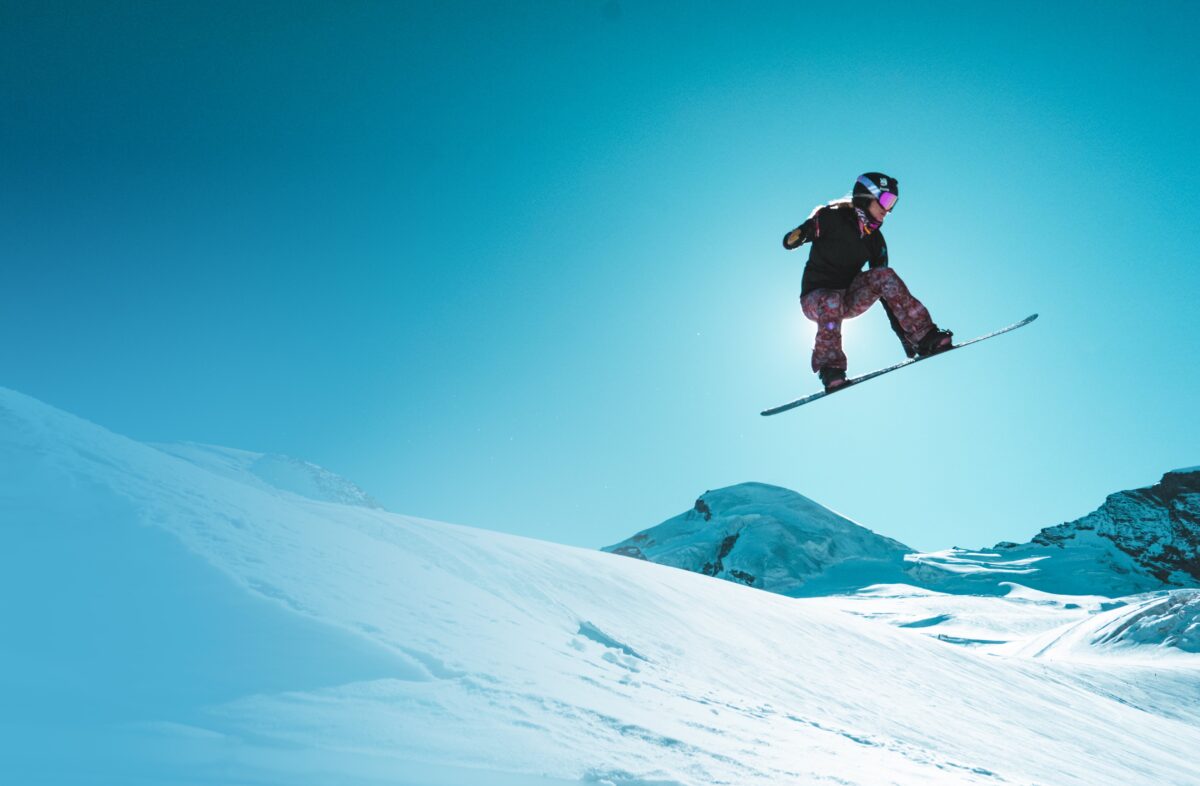Sports, like life, can be unforgiving. If anyone in the world of sports knows what that is like, it would be Lindsey Jacobellis.
Ms. Jacobellis is the most decorated snowboard cross athlete of all time (snowboard cross is a competition involving going downhill among turns and jumps). Her longevity and continued success is a testament to her work ethic and her natural talent. But, as is too often the case in the world of public opinion, a single misstep that accounted for mere milliseconds has long been the haunting taunt of her career.
In 2006, during the snowboard cross event at the Winter Olympics in Torino, Italy, Ms. Jacobellis had a commanding lead over the three other contestants. The speed and turns had thrown two off the track, and Swiss snowboarder Tanja Frieden lagged behind in second. But in the second to last jump, only seconds from the finish line, the inexplicable happened.
Ms. Jacobellis grabbed her board to perform a move called a method. It is a relatively simple and common trick. But she hadn’t planned for it. It was muscle memory taking over, and she fell. As reliable and absolutely necessary as muscle memory is in sports, in that moment, it failed her.
“I spent a lot of time in therapy trying to find out the root cause of what really happened, and I couldn’t come up with anything other than it was that lapse in judgment—just dropping the ball, whatever sports metaphor there is,” Ms. Jacobellis said in an interview. “It was just something that happened that I can’t actually look back and understand why.” At the time, the general consensus in the sports world was that it was showboating gone horribly wrong. But for anyone with a keen eye, it appeared as if she tried to restrain the move while performing it: a decisive moment filled with indecision.
For athletes competing at the highest levels—and one cannot reach higher than the Olympics—a misstep, an injury, a malfunction can leave a searing mark that may never heal. When that mark is self-inflicted, the healing process becomes even more difficult. These are traumatic moments that leave athletes haunted by what-ifs. Ms. Jacobellis, then 20 years old, was not given a moment to gather her thoughts. Reeling from the disaster, trying to understand the moment while still in it, she was bombarded by journalists with probing questions.
“I had media training, and they want you to be articulate and to make sure you are representing your country well and are being a good sport,” she recalled. “So I’m proceeding through this procession of one after another. You’re trying to be a good sport while at the same time trying to understand what actually happened. [In those interviews,] you can see that I’m sort of all over the place. I was not giving a different excuse, but a different response with each interview, which only opened me up for more ridicule.”

In her new book scheduled for release in October, …
…
(This is a short preview of a story from the Oct. Issue, Volume 3.)




